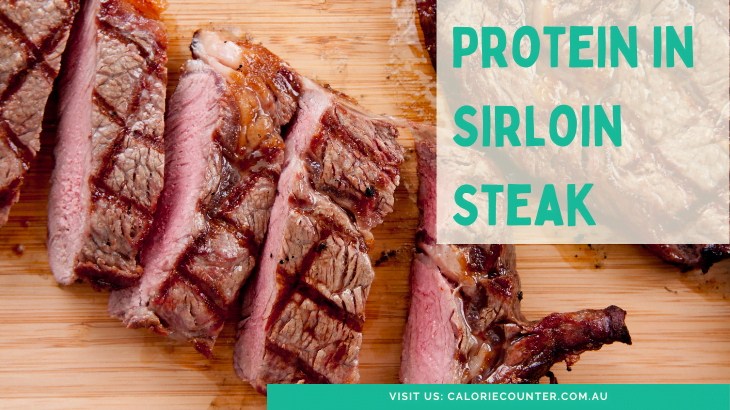Protein is an essential macronutrient that plays a crucial role in building and repairing body tissues, as well as supporting the immune system and providing energy. Pork is a great source of protein, and it can be a healthy addition to your diet if consumed in moderation.
Protein Content in Pork
The protein content of pork can vary depending on the cut of meat and the cooking method used. On average, pork contains around 26 grams of protein per 100 grams of cooked meat. However, this can range from 19 grams of protein per 100 grams of cooked pork belly to 36 grams of protein per 100 grams of cooked pork tenderloin.
Here are some common cuts of pork and their approximate protein content:
- Pork tenderloin: 36 grams of protein per 100 grams
- Pork chops: 31 grams of protein per 100 grams
- Pork loin: 29 grams of protein per 100 grams
- Pork belly: 19 grams of protein per 100 grams
- Pork ribs: 18 grams of protein per 100 grams
Benefits of Eating Pork
In addition to being a great source of protein, pork also contains a variety of vitamins and minerals, including:
- Vitamin B12
- Zinc
- Iron
- Selenium
- Phosphorus
These nutrients can support healthy immune function, aid in energy metabolism, and help maintain healthy bones.
Considerations When Eating Pork
While pork can be a healthy addition to your diet, it is important to keep in mind that some cuts of pork are higher in fat and calories than others. For example, pork belly and ribs are higher in fat and calories than pork tenderloin or pork chops.
When cooking pork, it is important to use healthy cooking methods, such as grilling, roasting, or baking, and to avoid frying or cooking with excess oil. This can help reduce the amount of unhealthy fats and calories in your pork dish.
Conclusion
Pork is a delicious and nutritious source of protein that can be a healthy addition to your diet. However, it is important to choose lean cuts of pork and to cook it using healthy methods to minimize the amount of unhealthy fats and calories in your dish. If you are interested in tracking your protein intake or the nutritional content of the foods you eat, check out the calcount Food Search Box!


